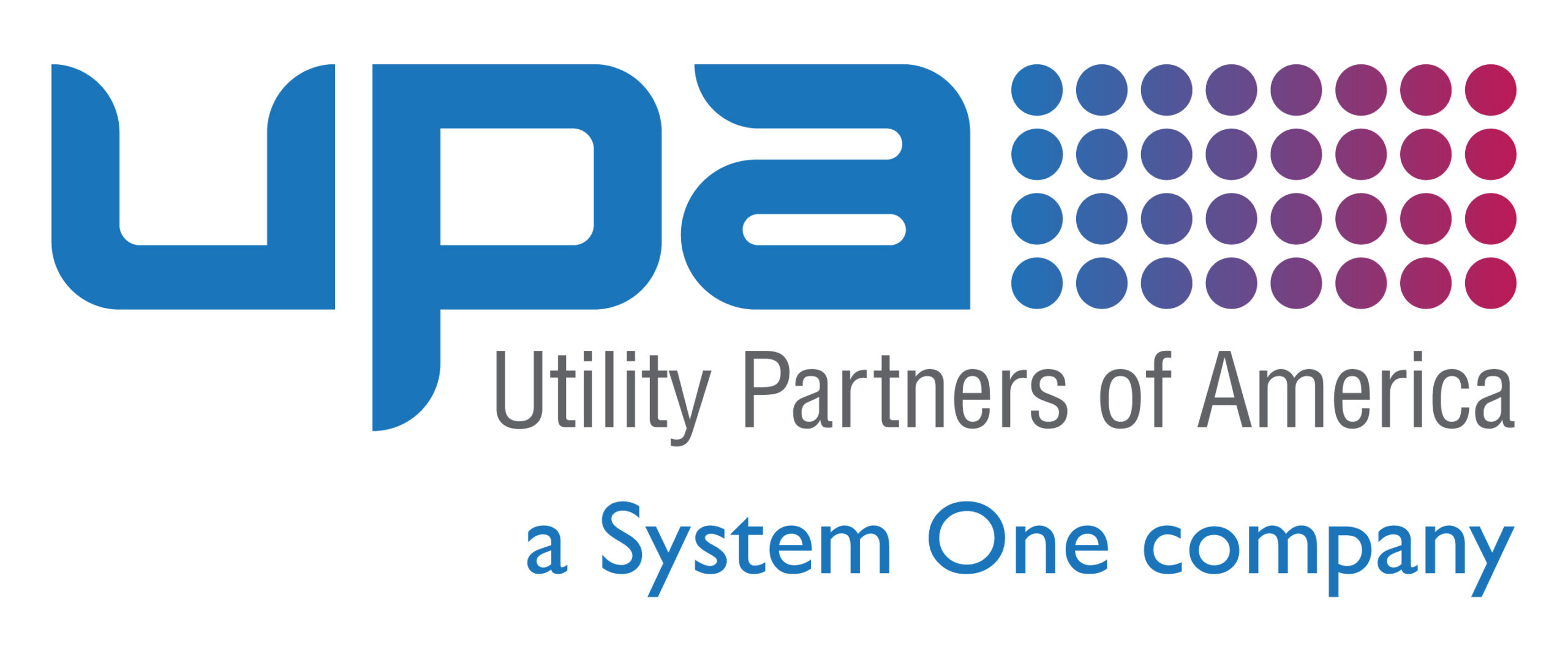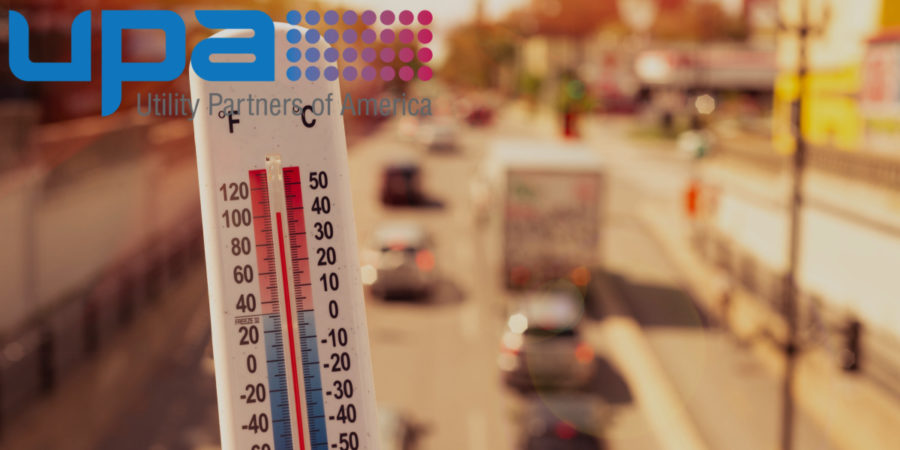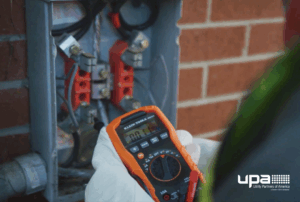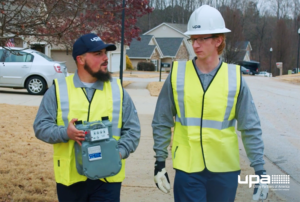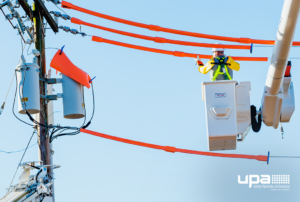There are some inherent risks that come with serving as a field technician for a utility company. One of the worst potential risks is heat and extreme summer temperatures. According to Ready.gov, about 175 Americans die each year from exposure to extreme heat. While that number may not seem like a lot, it doesn’t account for the countless others who survive a heat stroke. Or those that endure the uncomfortable symptoms of heat exhaustion or heat cramps. Fortunately for people who spend hours outside each day, there are a variety of preventive things that can be done to reduce the risks. To help keep your staff safe, we encourage you to share these five tips for staying safe in the summer heat.
Stay hydrated
Drinking plenty of water is a good idea for everyone, whether you’re working indoors or out. It’s absolutely essential for those spending their days in the heat. If you’re outside, make it a priority to drink water early and often throughout the day. It’s best to drink smaller portions of water regularly, rather than gulping down large amounts when you’re feeling particularly hot. Another good idea is to avoid drinks that can dehydrate you further, including coffee, soda, and other caffeinated beverages.
Related: Top Five Self-Protection Safety Tips for Field Techs Working
Find nearby shade for frequent breaks
When you’re working in the field, you’re at the mercy of the environment around you. That can be a problem when it comes to finding shade on hot days. However, it’s important to locate areas like trees, awnings, or fleet vehicles equipped with air conditioning (AC). These places provide at least some coverage and relief from the sun, so utilize those spaces for frequent breaks.
Wear appropriate attire
Though it may seem that long sleeves and long pants would make one hotter, sometimes these really are the best option. That’s because clothing manufacturers now utilize more breathable materials that protect the skin from the sun’s ultraviolet rays. In terms of color and fit, stick to lighter colors and garments that fit loosely. You should also have backup clothes at the ready in the event what you’re wearing becomes saturated with sweat. Lastly, a wide-brimmed hat that protects your face, ears, and neck from exposure, as well as sunglasses that block UVA and UVB rays can make a world of difference.
Related: Clean Uniforms Create Customer Confidence
Apply ample amounts of sunscreen
It’s true that applying sunscreen will help you avoid being on the receiving end of a nasty sunburn, but it also has another little-known benefit: It can keep you cool. Research shows that unprotected skin experiences a drop in nitric oxide levels when exposed to the sun. When those levels are reduced, blood flow to the skin is also reduced, which causes our body temperatures to fluctuate. You probably know this, but there are a lot of different sunscreen brands and protection levels on the market today. Our recommendation is to go with something that offers full-spectrum protection and is waterproof. Liberally cover all exposed areas of the skin and reapply at least every two hours.
Know the signs of danger
Without a doubt, this tip is the most important of them all, as it could be the difference in life or death. The signs of heat-related illnesses are clear and apparent. For heat stroke, look for a temperature higher than 103 degrees F, red, hot, and dry skin with no sweat, a rapid pulse, and dizziness, confusion, or unconsciousness. Heat exhaustion is usually associated with heavy sweating, paleness, weakness, fast or weak pulse, dizziness, and vomiting. Lastly, in addition to muscle cramps, heat cramps could also bring spasms or pain in the stomach, arms, or legs.
Related: OSHA and Beyond: Keep Employees Safe in the Field
If you believe you or someone you’re working with is having a heat stroke, call 9-1-1 or seek in-person medical attention immediately. For heat exhaustion or heat cramps, find a shady or cool location, remove any excess clothing, and take small sips of water or a sports drink. If the symptoms last longer than one hour, seek medical attention.
Interested in learning more about preventive measures to keep your utility workers safe? Contact Utility Partners of America (UPA) today or call (888) 667-1411 to learn more about what we do for utilities just like yours.
